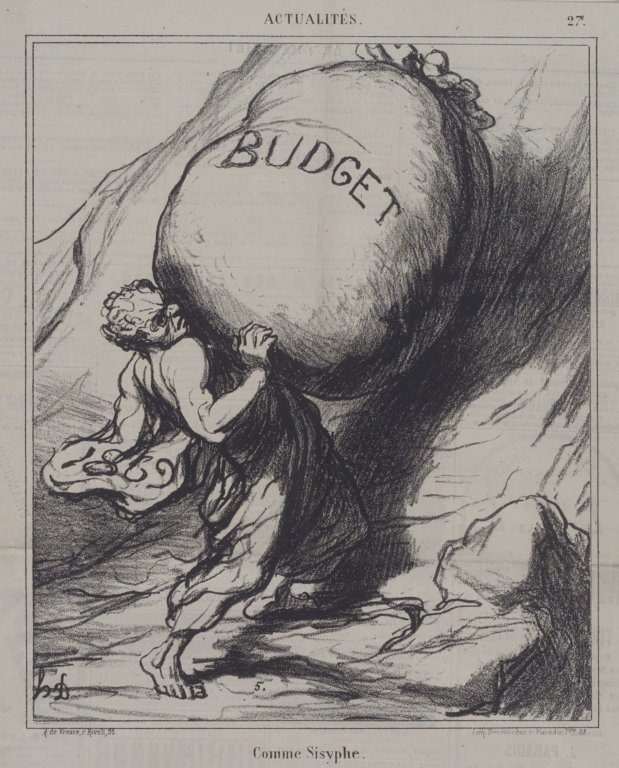Want To Buy A Home? Have You Assessed Your Budget?

Has your landlord been bugging you about the rent and all those things that you aren't supposed to do within the limits of his property? Well, then we have a solution for you. It's high time you moved out and start considering the possibilities of your own home. However, there are a few things that you need to consider before you take that plunge.
While an in-depth research of the real estate market is important, you also need to pay attention to your financial resources. It's important to understand what, where and how much you can afford.
These are the 4 key points that will help you analyze your financial situation and help you decide if you can afford a home:
Savings
The first step is to check and asses your savings. Whether or not you take a loan, there is a certain amount of down payment that you will have to make. Typically, unless there is an attractive subvention plan, you will have to pay 20 – 30% of cost of your home from your savings in 60 – 90 days. Having considerable savings will help you ease the burden of the down payment and the loan. Also, you will have to maintain some contingency fund to fall back on for unforeseen emergencies.
It's better not to invest all your savings in buying a home as this may create a financial burden.
Monthly Income
Your monthly household income is important in deciding your budget for buying a home. It gets easier to afford a home for dual income families. While one person's income can be used for the repayment of the loan, the other can contribute to the household expenses and savings. It's comparatively expensive for single income families as the entire cost of EMI is to be borne by the only earning member. For a single income family, your monthly EMI should not stretch beyond 40% of your monthly take home. Your monthly income also determines the maximum loan you can avail which is 4 – 5 times of your annual salary.
Home Loan Eligibility
All banks and financial organization have eligibility criteria, which they analyse before signing on the dotted line. Your loan amount will depend on the amount of disposable income that you have and also the EMIs that you are already paying. Banks will also check your credit report and other personal details like your income, job stability and also the value of the property that you are planning to buy. Job hopping can lower your chances of getting a loan. The construction stage of the property when you are buying it is also an important factor. It is advisable to take home loan for your home purchase as it also helps you save taxes.
Payment Plan
Once you know how financially stable you are, you can check the different payment plans that are available in the market. Developers offer diverse payment plans which you can choose from. These plans allow you to pay varied sum of money at regular intervals. This again helps in strategizing your finances in a better way and acquire a loan accordingly. Builders offer the following payment plans.
- Construction Linked Plan
- Down Payment Plan
- Flexi Payment Plan
- Possession Linked Plan
- No Pre-EMI Plan
So, what are the important factors that influence your decision as a home buyer? Let us know in the comments below.

